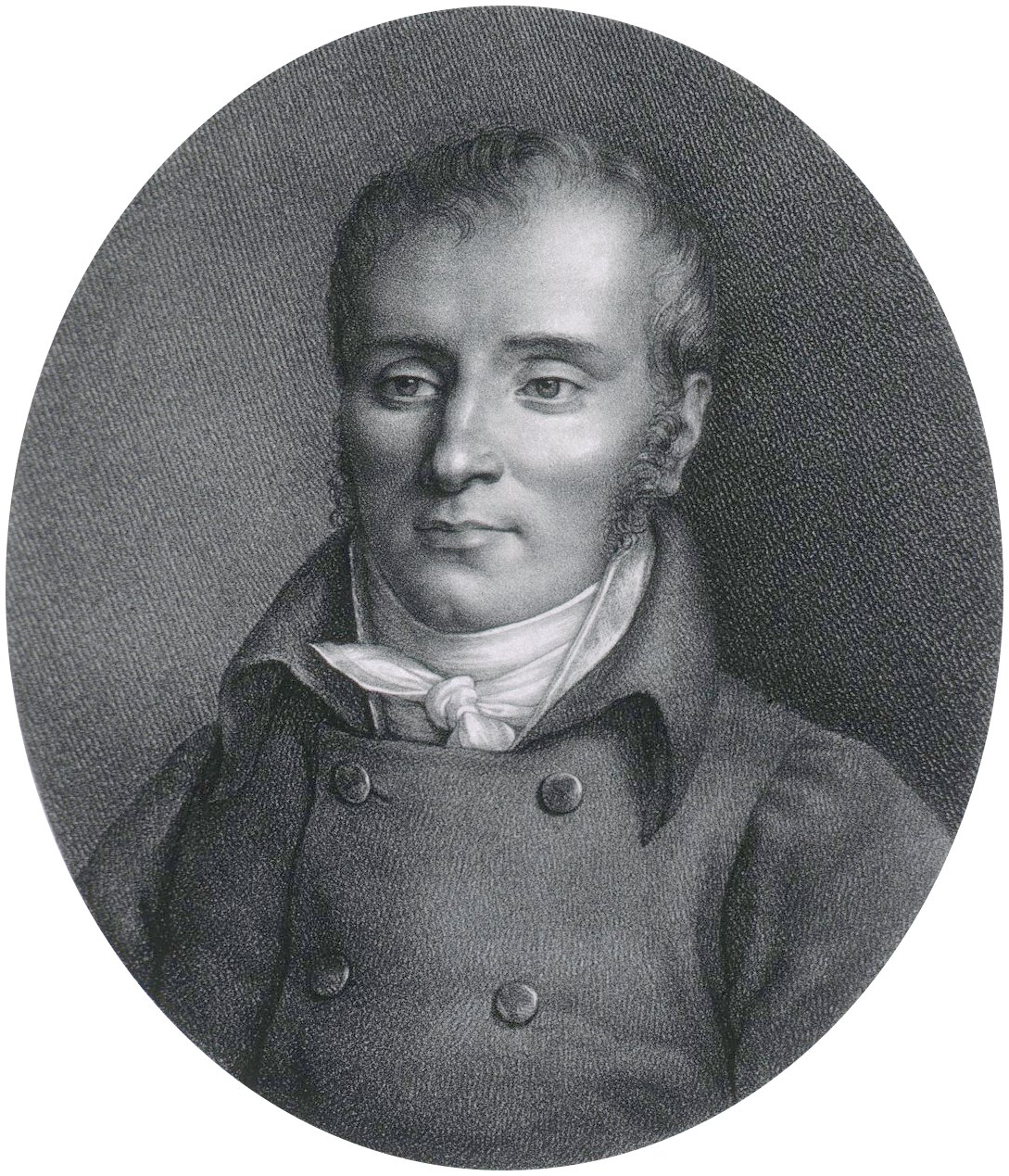Original: (fr) On cherche dans des considérations abstraites la définition de la vie ; on la trouvera, je crois, dans cet aperçu général : la vie est l'ensemble des fonctions qui résistent à la mort. Tel est en effet le mode d'existence des corps vivans, que tout ce qui les entoure tend à les détruire.
Recherches Physiologiques sur la Vie et la Mort (1800) Translation: [Psychological medicine, 7, 378, 1977, https://books.google.com/books?id=ocNOAQAAIAAJ]
Ref: en.wikiquote.org - Xavier Bichat / Quotes
Marie François Xavier Bichat Quotes
Original: (fr) On dirait que le végétal est l'ébauche, le canevas de l'animal, et que, pour former ce dernier, il n'a fallu que revêtir ce canevas d'un appareil d'organes extérieurs, propres à établir des relations. Il résulte de là que les fonctions de l'animal forment deux classes très-distinctes. Les unes se composent d'une succession habituelle d'assimilation et d'excrétion ; par elles il transforme sans cesse en sa propre substance les molécules des corps voisins, et rejette ensuite ces molécules, lorsqu'elles lui sont devenues hétérogènes. Il ne vit qu'en lui, par cette classe de fonctions ; par l'autre il existe hors de lui : il est l'habitant du monde, et non, comme le végétal, du lieu qui le vit naître. Il sent et aperçoit ce qui l'entoure, réfléchit ses sensations, se meut volontairement d'après leur influenc, et le plus souvent peut communiquer par la voix, ses désirs et ses craintes, ses plaisirs ou ses peines. J'appelle vie organique l'ensemble des fonctions de la première classe, parce que tous les êtres organisés, végétaux ou animaux, en jouissent à un degré plus ou moins marqué, et que la texture organique est la seule condition nécessaire à son exercice. Les fonctions réunies de la seconde classe forment la vie animale, ainsi nommée, parce qu'elle est l'attribut exclusif du règne animal. Recherches Physiologiques sur la Vie et la Mort (1800) Translation: [Russell, E. S., Form and Function: A Contribution to the History of Animal Morphology, 1916, London, 28,
https://archive.org/details/formfunctioncont00russ/page/n5/mode/2up]
Ref: en.wikiquote.org - Xavier Bichat / Quotes
